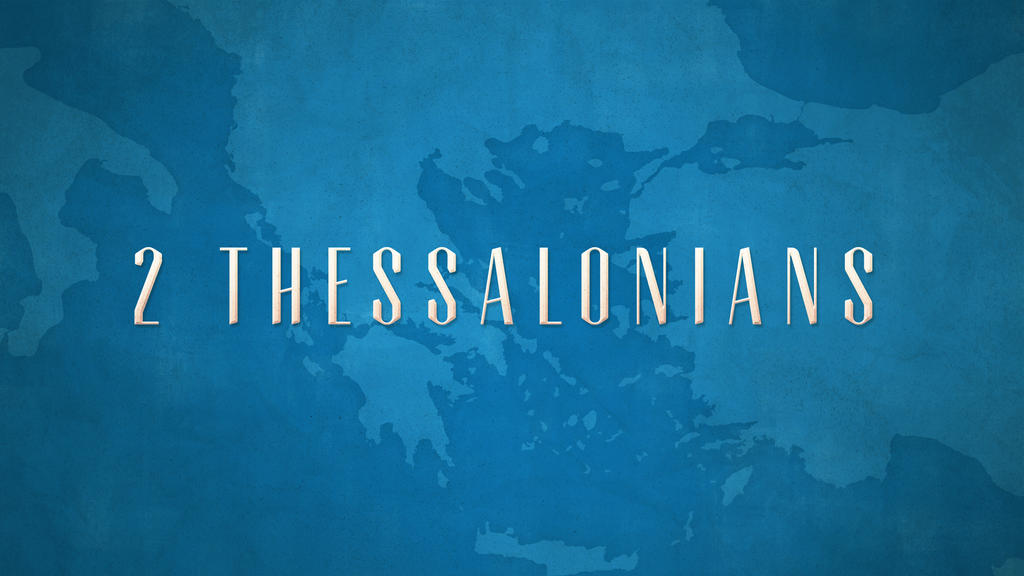“Jesus, Our Protector and Loving Savior”
Verse to Start: “The Lord is my shepherd; I have all that I need.” – Psalm 23:1 (NLT)
The Love and Protection of Jesus This verse paints a vivid picture of Jesus’ tender love and constant care for His children. Like a shepherd tending to his flock, Jesus protects us from harm, nourishes our souls, and provides for our needs. His love is a fortress, shielding us from the evil that seeks to consume. It’s not a passive kind of love—it’s active, pursuing, and unrelenting.
Throughout Scripture, we see His protective hand at work. John 10:14-15 reminds us: “I am the good shepherd; I know my own sheep, and they know me, just as my Father knows me and I know the Father. So I sacrifice my life for the sheep.” The ultimate expression of His love is seen in His willingness to lay down His life for us, ensuring our eternal security.
Christians today often share stories of how Jesus has intervened in their lives during moments of darkness. Whether it’s overcoming addiction, finding peace in the midst of storms, or escaping dangerous situations, His love and protection remain evident. This is a testament to the unchanging nature of His promises. He is the same yesterday, today, and forever (Hebrews 13:8).
Reflective Questions
- How have I experienced Jesus’ love as a protector in my life?
- Are there areas in my life where I need to trust His care more deeply?
- How can I reflect His love and protection to others around me?
Moral Thoughts and Biblical Overview Jesus’ love calls us to live as His children—not just in name, but in action. His protection over us teaches us to be bold in faith and compassionate in love. Just as He shields us from evil, we are called to help guard and uplift those who are vulnerable. This echoes the moral principle found in Galatians 6:2: “Share each other’s burdens, and in this way obey the law of Christ.”
The Bible consistently reveals God’s protective nature, from the deliverance of Israel to the promises of Jesus in the Gospels. Psalm 91:2 reassures us, “This I declare about the Lord: He alone is my refuge, my place of safety; he is my God, and I trust him.” We are not alone in our battles—His love surrounds us like a fortress.
Prayer Dear Jesus, Thank You for being our Good Shepherd, always watching over us and leading us in love. Your sacrifice for us shows a depth of love we cannot fully comprehend. Help us to walk confidently in the knowledge that You protect us from evil and guide us through life’s trials. Teach us to love as You love, to protect others as You protect us, and to trust Your plans in every season. Thank You for calling us Your children. Amen.
Reflective Meditation Today, as you go about your day, take a moment to pause and reflect on the love of Jesus. Picture yourself as one of His sheep, safe in His care. Hear His voice calling your name, reminding you that you are loved, cherished, and protected. Carry this peace with you, knowing that no matter what challenges arise, He is with you every step of the way.









